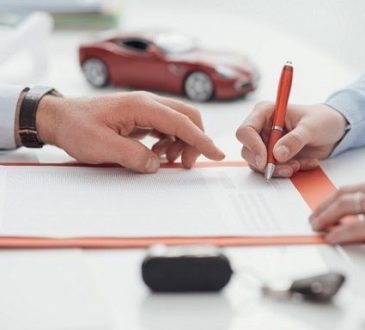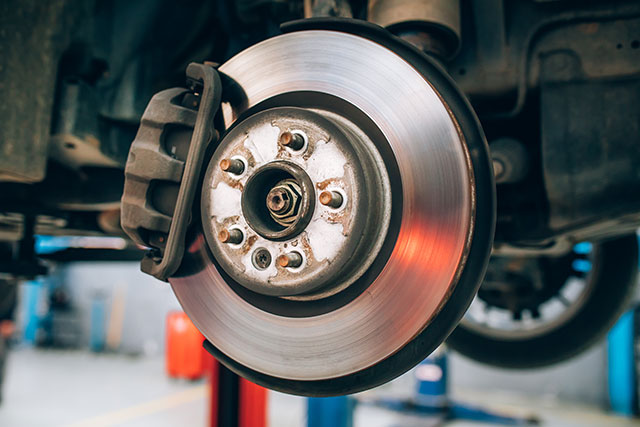
You wonder what are wheel bearings? It’s possible that a wheel bearing is malfunctioning if you notice an odd or unusual noise coming from your automobile while you’re driving. Wheel bearings are essential safety components that are made to withstand axial and radial loads brought on by cornering, braking, and acceleration. Problems with wheel bearings, a vital component of your car’s proper operation, must be handled right once to stop more harm.
What Are Wheel Bearings?
Sets of steel balls or tapers are used as wheel bearings, and a metal ring holds them together. They make it possible for the wheels to spin easily and with little resistance. Hubs are hollow metal pieces that sit in the middle of a vehicle’s wheels. When wheels spin, less friction is created by wheel bearings that are snugly seated into hubs and supported by metal axle shafts.
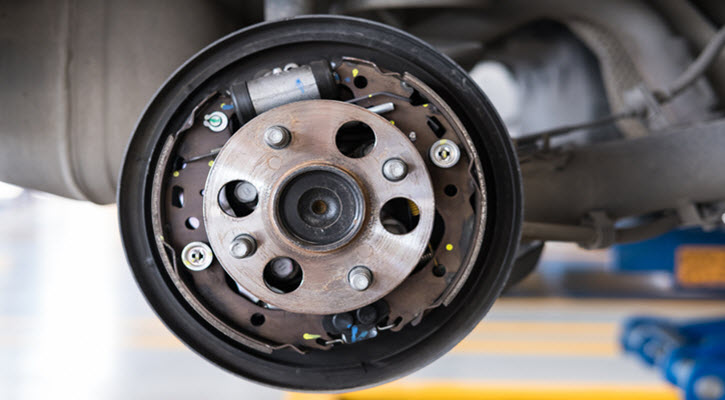
There isn’t a continual source of lubrication for wheel bearings, unlike engine bearings. This indicates that tight wheel bearings are necessary to keep out dust, water, and debris. Additionally, they bear the weight of the entire vehicle while it is in motion, which puts a lot of strain on them.
Wheel bearing malfunction: What causes it?
Wheel bearings could malfunction for a variety of causes. The following are a few typical reasons why wheel bearings fail.
Quality
The quality of the wheel bearing, like any other auto component, has a significant impact on how long it will endure. Since bearings are precision goods, their production calls for intricate procedures. Poor heat-treating on low-quality steel frequently causes it to spall, wear out early, and contain hard or soft metal, which causes failure. To make sure your automobile is equipped with sturdy, long-lasting wheel bearings, speak with a reliable auto repair.
Uneven Tire Wear
Make sure your car’s tires are balanced as part of any proper auto maintenance regimen. If not, some wheel bearings will experience greater pressure and stress than others, which could result in damage. If you think your tires may be uneven, bring your car into a garage so a mechanic may check it out.
Rough Roads
Your wheel bearings are more susceptible to damage and wear the more often you drive on uneven terrain. The effectiveness of the steel balls to minimize friction for wheels will be hampered over time as they develop damaged regions. At that moment, you must take your car to a repair facility.
Driving circumstances
Wheel bearing problems can be brought on by often driving through mud, water, or salt on the road. By slipping past the seals and into the bearings, contaminants can contaminate the grease and harm the bearings.
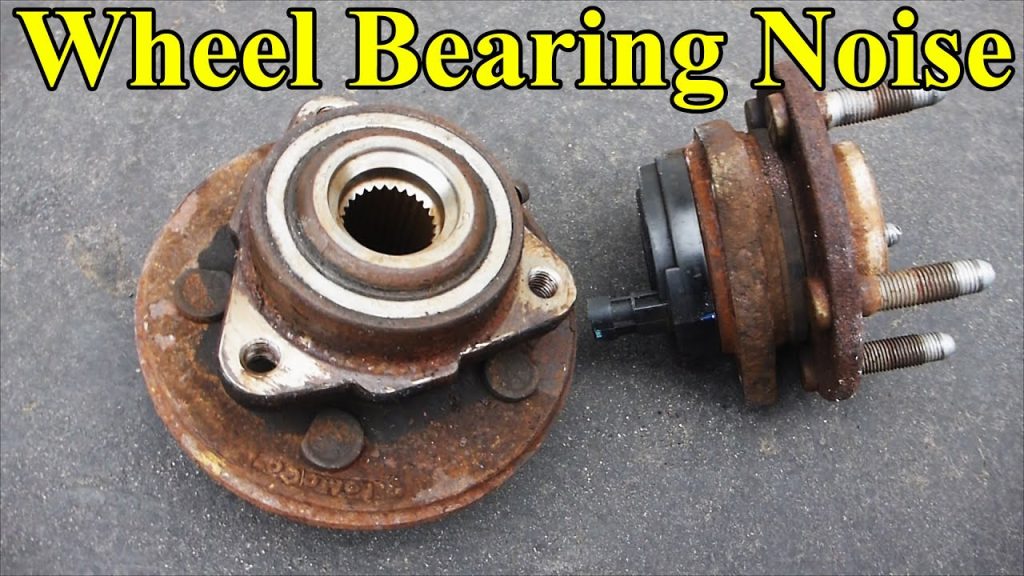
Poor installation
The outside or interior of the wheel end bearing might be harmed by even the most elementary mistakes, including utilizing the incorrect tools. The wheel bearing prematurely fails as a result of this. Wheel end bearings can work unsafely when older accessories, such as nuts, bolts, splint pins, and seals, are re-used, which raises the possibility of an accident.
Accidents
Wheel bearings are one of the many parts of a car that can be damaged in an car accident. Even a small scratch from an impact can result in malfunction. Wheel bearing damage from potholes, speed bumps, and even running into curbs can be identified by an auto mechanic.
Wheel bearings: How do they affect car performance?
The performance of a vehicle depends heavily on the wheel bearings. Because they facilitate the wheel’s smooth rotation, they are crucial to the proper operation of any vehicle. Wheel bearings are also required to reduce friction brought on by many other components of the drivetrain system. Serious issues may arise when they are damaged or need to be replaced, which could eventually be quite expensive. Furthermore, damage may worsen if wheel bearings are not changed by a qualified auto mechanic using the right equipment.
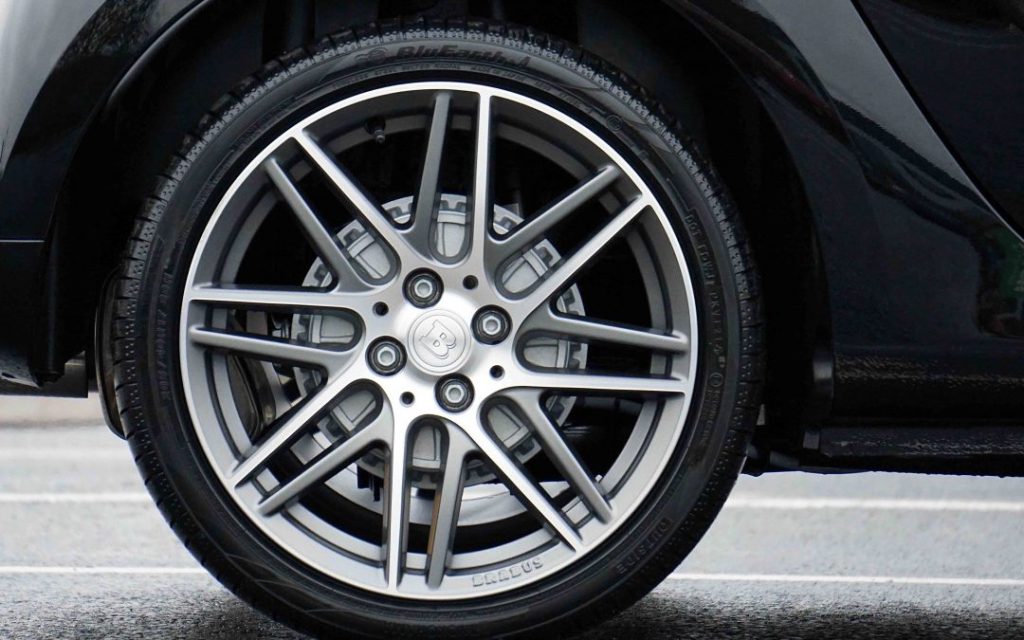
The typical life cycle of a wheel bearing is 85,000 to 100,000 miles. It’s crucial to have your automobile checked out by an auto repair professional as soon as you detect any weird noises, such as humming, growling, or rumbling noises that get louder while you accelerate. During acceleration and deceleration, you can begin to hear a howling sound, which might be an indication of gear and differential pinion bearing preload issues. This could indicate that the bearings are not supporting the gears adequately if it is accompanied by a rumbling sound.
Wheel bearing issues can also manifest as looseness, hazy steering or steering wheel vibration, and malfunctioning ABS systems. Driving with worn wheel bearings is extremely dangerous and can seriously harm your drive-axle and steering system. The hub and CV joint, the brake system’s components, and ultimately the transmission itself are all put under stress when driving on a faulty wheel bearing. Wheel bearing replacement is somewhat difficult, necessitating expert assistance.
Our suggesstion
The only simple tests for faulty wheel bearings involve some degree of speculation. Start by listening for strange noises emanating from the suspected wheel, such as buzzing, whirring, or grinding. You can jack up the automobile and inspect the wheel for movement, slack, or play in its linkage to the car if you hear something and can pinpoint the source to a wheel. This can be accomplished by holding the wheels by each side and moving the vehicle forward, backward, or side to side. Above is all information for you to know what are wheel bearings.
Please read: https://insurance.alltin.net/insurance-for-your-electric-car/



